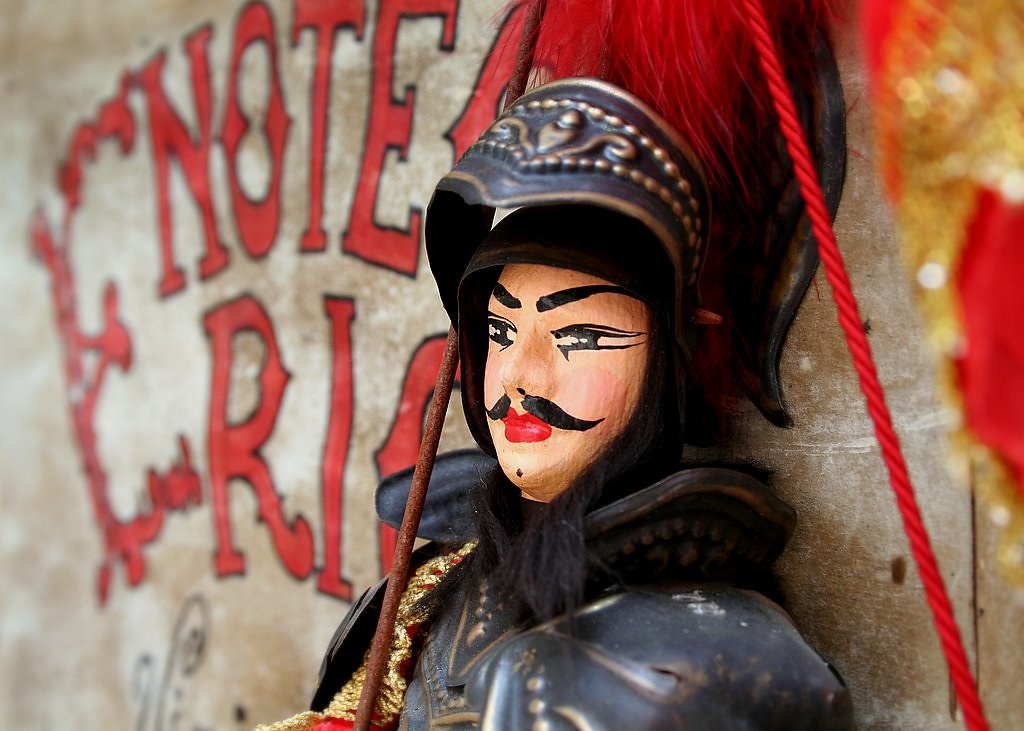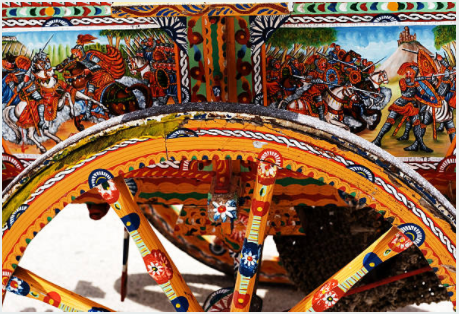Handicraft is one of the major industries of Sicilian economy. According to Unioncamere Sicilia (Sicilian Union of Chambers of Commerce, Industry, Handicrafts and Agriculture) in 2020 Sicily ranked seventh on a national scale for the number of artisan businesses. There are 72.316 active enterprises with 148.668 workers; the most developed sectors are construction, then manufacturing and finally other services.
The importance of handicraft – and, in particular, of manufacturing – is nationally acknowledged and supported by programmes such as Macchinari Innovativi. This programme supports the investments of micro, small and medium enterprises aimed to technological and digital development.
Handicraft as a symbol of Sicily
This is a great opportunity for the industry which represents the present and future of the Island – and undoubtedly also its past.
The varied handicraft activities of Sicily treasure the history of the Island: think about the typical carts and pupi (puppets), which represent various Sicilian historic events.
These activities trace and at the same time embody the history of Sicily and its different places: from the pottery of Caltagirone to the lava stone of the Etna area, from the obsidian of Aeolian Islands to Custonaci marble.
Although different materials – such as carts and puppets, wrought iron, crochet – are equally worked in the whole Island, some of them are particularly important in specific areas. For instance:
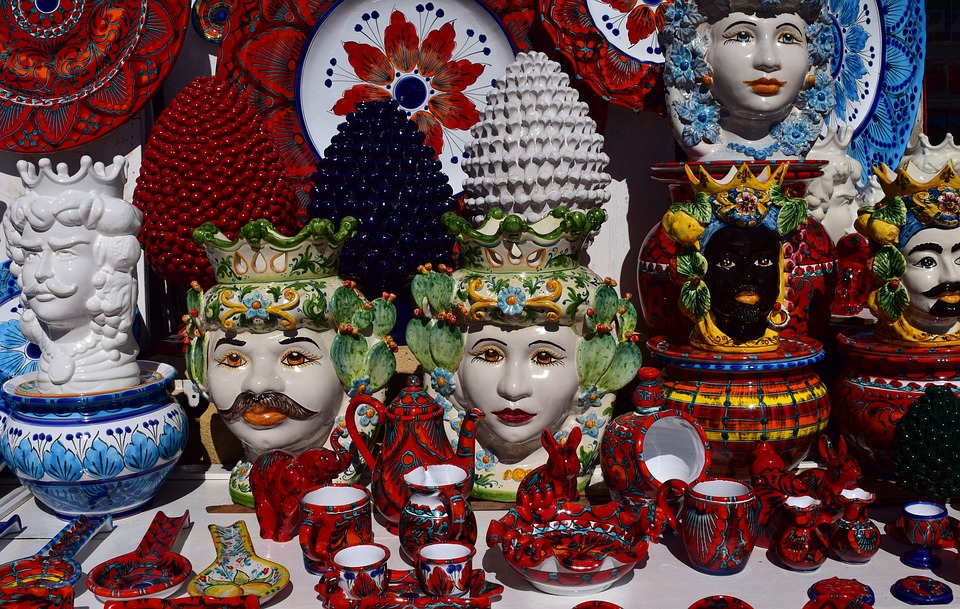
Pottery
In Caltagirone but also Sciacca, Santo Stefano di Camastra and Burgio
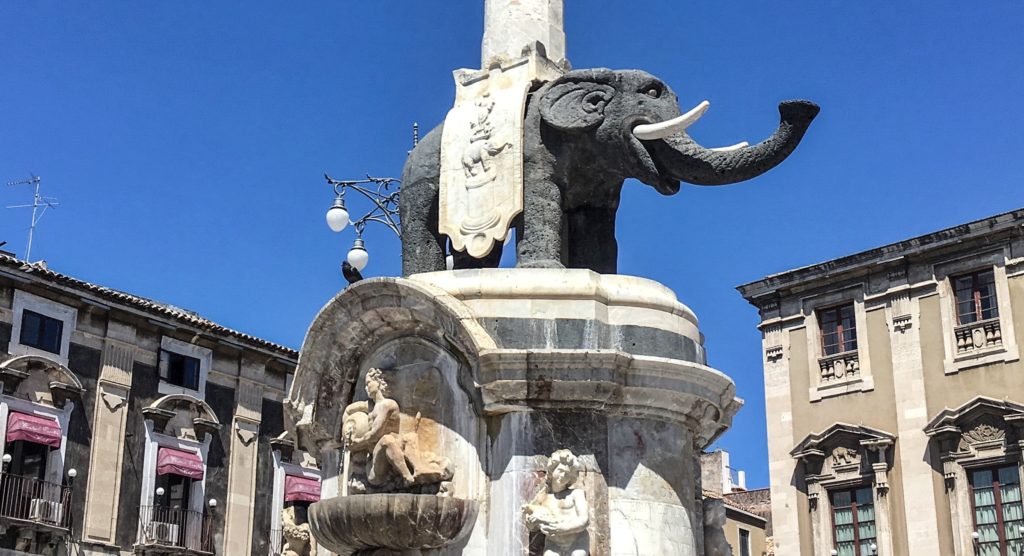
Lava stone
In Catania, Paternò, Giarre, Acireale
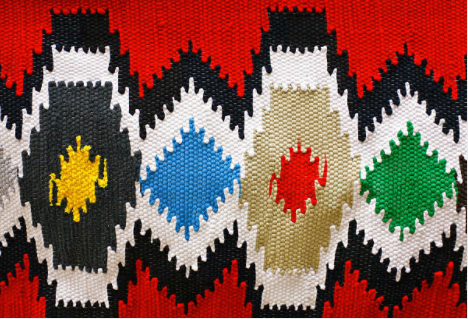
Textile and home furnishings
In Trapani and Erice
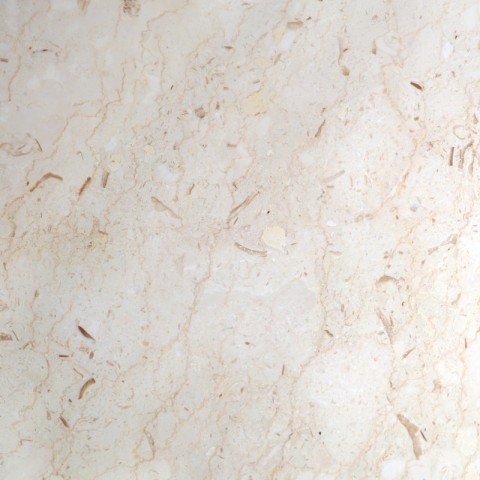
Marble
In Custonaci
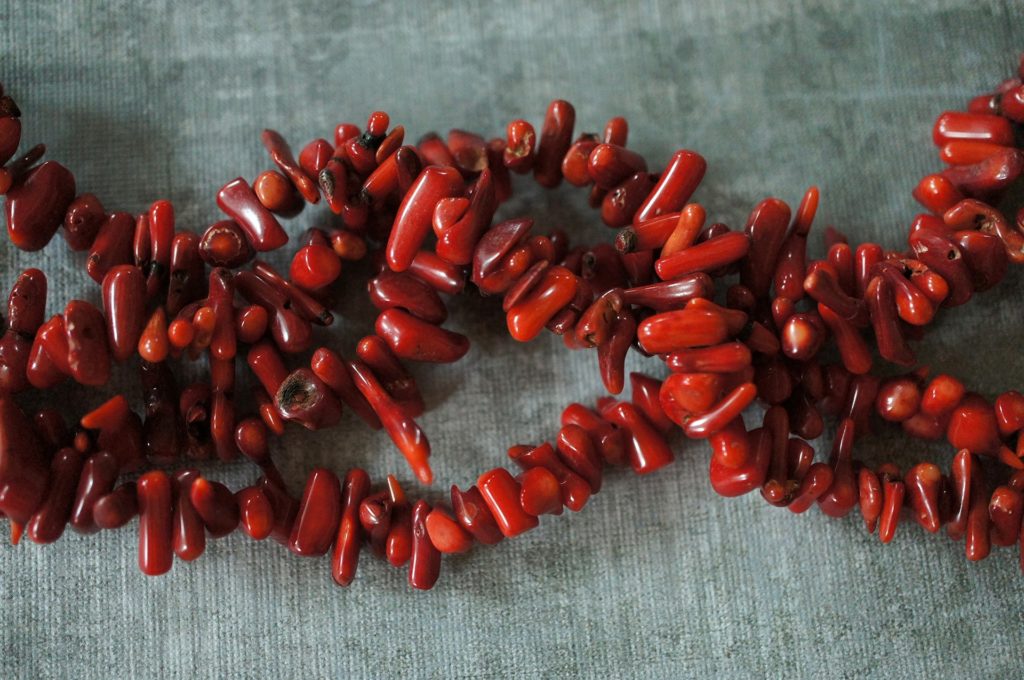
Coral
In Trapani and Sciacca
Photos from iStock and Pixabay

